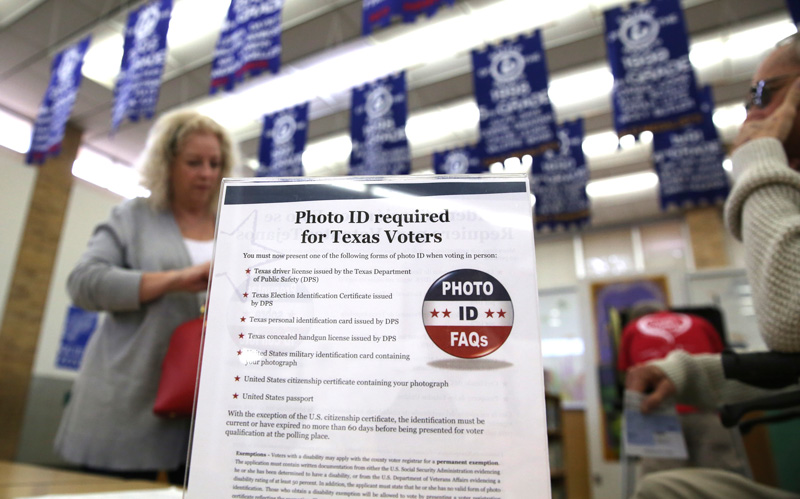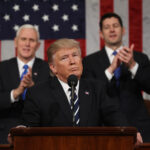
Republicans Push for Stricter Voting Laws
In the weeks following his election, President Trump alleged that millions of people had voted against him illegally. So far, no evidence of any such widespread voter fraud has been discovered. However, many state lawmakers have begun introducing legislation to tighten voter requirements. Here, we take a look at the possible impact of these restrictions.
Why It Matters
Hundreds of voting bills are currently being considered in state legislatures across the country. A Virginia bill would require voters to provide proof of citizenship. A New Hampshire bill would tighten residency requirements to prevent out-of-state voters from crossing the border to cast a ballot. Iowa Secretary of State Paul Pate has promoted a bill that would require voters to present a card with a bar code to prove their identity.
By their very definition, voter restriction laws limit voting. The 2016 election was the first presidential election in fifty years without the full protections of the Voting Rights Act. Fourteen states put new voting restrictions in place for the first time during this election, including several key swing states like Wisconsin and Virginia. Restrictions ranged from requiring a photo ID, to limiting early voting periods, to restricting rights for people with past criminal convictions, to requiring voters to prove their citizenship. Because these measures are meant to restrict voting, voter turnout was much lower in these places.
A 2014 study found that 12.8 percent of people who didn’t vote in the previous election chose not to do so because of a lack of photo ID. On Election Day in 2016, over 200 people desperately petitioned the Wisconsin Department of Motor Vehicles for a voter ID. In Ohio, people without ID are allowed to vote using a provisional ballot, but only 10 to 15 percent of those who cast provisional ballots end up certifying their eligibility in time for their vote to be counted.
Many of these provisions may sound reasonable. The problem is that these laws disproportionately affect some groups of voters more than others. Minorities and the elderly, for example, may not have easy access to a driver’s license or other forms of photo ID. Limiting early voting periods affects people whose work or family schedules make it harder for them to get to the polls. These groups traditionally represent Democratic voters. Perhaps it should not be surprising, then, that many of the states that passed voting restrictions before the 2016 election saw decreased voter turnout and helped contribute to Donald Trump’s victory.
A Partisan Debate
Democratic lawmakers have voiced several concerns about these laws. First, there is no evidence that they are necessary. Second, they could possibly discourage legitimate voters from casting ballots. Many also argue that this is a deliberate attempt by Republicans to limit the votes of certain groups, such as minorities, who tend to vote Democratic.
Republican lawmakers, for the most part, have agreed that voter fraud is probably not as widespread as Trump claims it is. However, they still believe that tightening restrictions is an important step toward proving to voters that the system is secure. They say working to protect the integrity of votes will re-establish the public’s confidence in the U.S. voting system, much of which was lost during the contentious 2016 election season.


